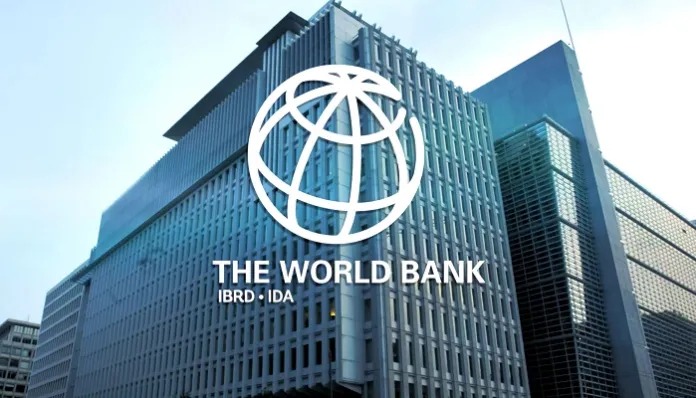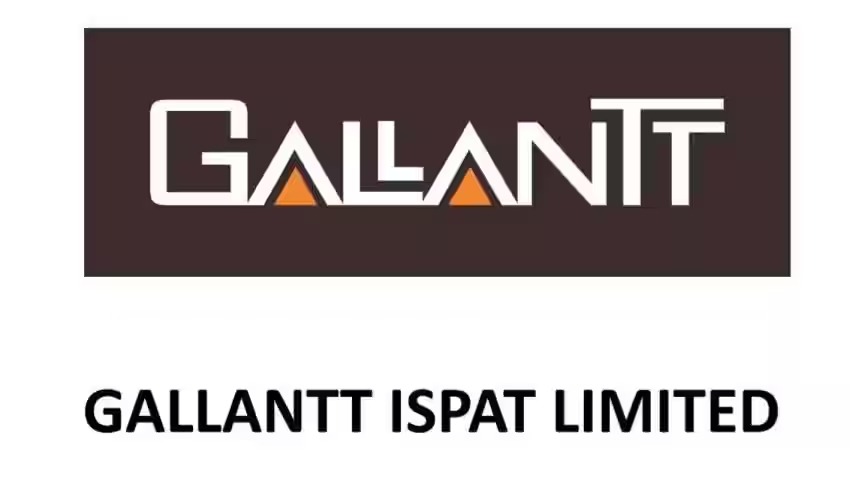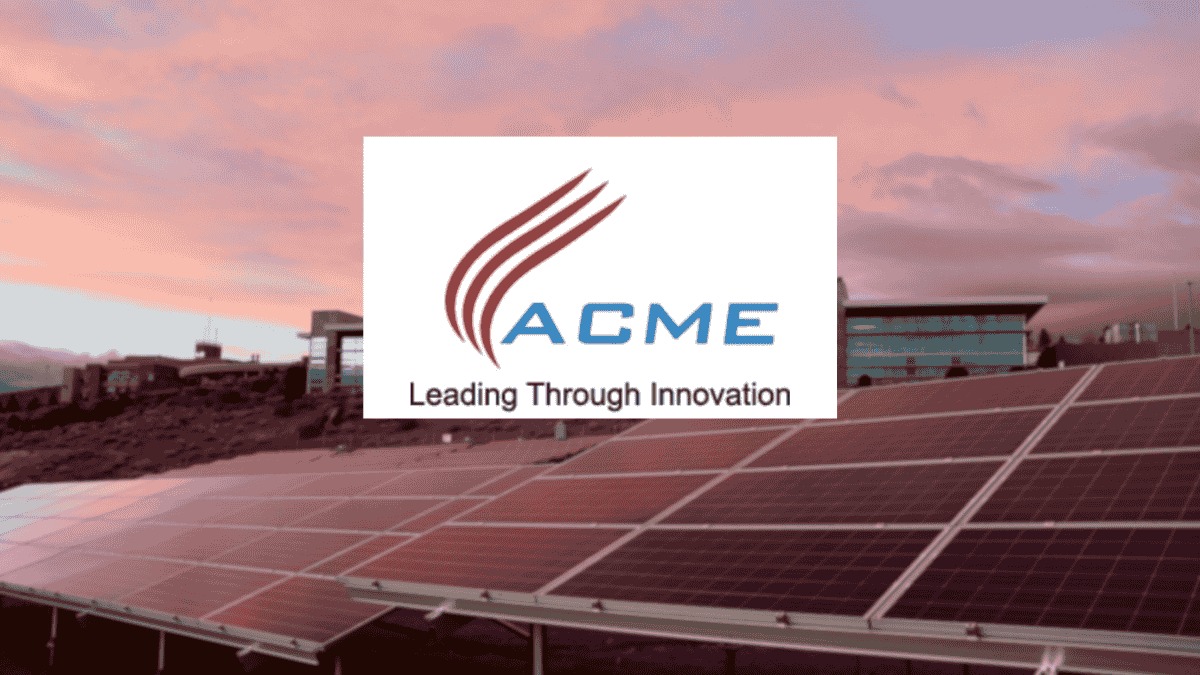
Follow WOWNEWS 24x7 on:

In a landmark initiative aimed at strengthening coastal resilience and boosting livelihoods, the World Bank has approved a new program to protect India’s vulnerable shoreline while generating employment for over 100,000 people in Tamil Nadu and Karnataka. The program, titled Strengthening Coastal Resilience and the Economy (SHORE), is part of a broader $850 million framework designed to address environmental degradation, climate threats, and economic disparities in coastal communities.
The SHORE Project, with a dedicated funding of $212.64 million (approximately Rs 1,770 crore), will support ecosystem restoration, skill development, and sustainable tourism, while also tackling plastic pollution and urban waste management. The announcement was made on September 9, 2025, following approval by the World Bank’s Board of Executive Directors.
Key Highlights From The Announcement
- The SHORE Project will directly benefit 100,000 people in Tamil Nadu and Karnataka through employment and skill-building
- An additional 70,000 individuals, including women, will receive training in sustainable tourism and eco-enterprise development
- The initiative will conserve 30,000 hectares of coastal ecosystems through mangrove planting, dune restoration, and coral protection
- The program will enhance solid waste management and reduce plastic leakage in urban coastal zones
- The World Bank will work with state governments, local bodies, and private sector partners to implement the project
Environmental And Economic Objectives
India’s coastline spans over 11,000 kilometers, with nearly one-third of it vulnerable to erosion, rising sea levels, and extreme weather events. Coastal communities, home to over 250 million people, rely heavily on fisheries, tourism, and transport for their livelihoods. However, these regions face mounting threats from pollution, overfishing, and habitat loss.
The SHORE Project aims to reverse these trends by:
1. Restoring degraded ecosystems such as mangroves, coral reefs, and sand dunes
2. Promoting green and grey infrastructure, including breakwaters and eco-friendly beach designs
3. Supporting biodiversity conservation for species like dugongs, turtles, and migratory birds
4. Enhancing climate resilience through community-based adaptation strategies
Social Impact And Job Creation
The program places strong emphasis on inclusive growth, with targeted interventions for women, youth, and marginalized groups. By leveraging public and private sector collaboration, the project will create new income streams in areas such as:
- Sustainable tourism and hospitality
- Marine conservation and eco-guiding
- Waste management and recycling enterprises
- Coastal agriculture and aquaculture
Training modules will be developed to equip participants with market-relevant skills, while microfinance and grant support will be extended to community-led ventures. The World Bank estimates that the program will generate long-term employment and entrepreneurial opportunities, reducing migration pressures and enhancing local resilience.
Policy Alignment And Governance
The SHORE Project aligns with India’s Vision 2030, which identifies the blue economy as a key driver of sustainable growth. Tamil Nadu, which pioneered the ban on single-use plastics in 2019, and Karnataka, with its active coastal zone management plans, are well-positioned to lead implementation.
The program will bridge gaps between urban local bodies and private waste processors, improve recycling infrastructure, and launch public awareness campaigns on marine pollution. It will also support digital mapping and monitoring of coastal assets to guide future planning.
Execution And Oversight
The World Bank will coordinate with state governments, technical agencies, and civil society organizations to ensure transparent and accountable execution. Performance benchmarks will include ecosystem health indicators, job placement rates, and pollution reduction metrics.
The project’s success will be measured not only in environmental terms but also in its ability to transform coastal economies into hubs of innovation, sustainability, and resilience.
Forward Momentum
The SHORE Project marks a decisive step toward safeguarding India’s coastline while empowering its communities. As implementation begins, Tamil Nadu and Karnataka are expected to set benchmarks for integrated coastal development, blending ecological stewardship with economic opportunity.
Sources: World Bank Press Release World Bank Group Public Disclosure


